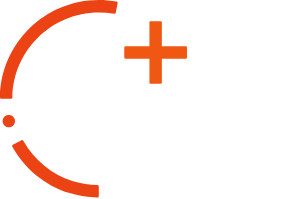Benefits to Expect
Grace Gavin
When it comes to the workplace, honesty is not just a “nice to have.” Organizations need access to the true condition to move forward effectively and productively. This clarity can only be achieved with environments and cultures where honesty thrives.
But to have honesty in our workplace, we must also have openness. Those two combined, openness + honesty, get us to real communication. That’s when we really know what’s going on with our teams and projects. A reminder on the definitions:
Honesty - being truly and freely yourself, speaking into what you want and how you feel.
Openness - listening without reservation, putting your needs and wants on pause for someone else.
When we have both at play, that’s when real communication is taking place. We experience the real time benefits of honesty, including:
Increased Clarity
In workplaces where openness and honesty prevail, information flows freely. The transparency eliminates misunderstandings and miscommunications, giving everyone a clear view of the organization’s challenges and opportunities. Teams can then focus on what really matters instead of getting sidetracked by confusion or hidden motives.
Enhanced Confidence
When employees trust that their colleagues and leaders are being honest with them because they’re willing to be open, it boosts confidence across the board. People are more willing to take risks, share their ideas, and step outside their comfort zones when they know their input is valued. This confidence fuels innovation and empowers everyone to reach their full potential.
Reduced Doubt
Honesty clears up the uncertainty that often causes stress and hesitation in teams. When people communicate with honesty, there’s no room for rumors or second-guessing. Clear, straightforward conversations help everyone understand their roles and what’s expected of them, reducing anxiety and creating a sense of stability.
Faster Problem-Solving
Real problems get solved when they’re clearly identified and addressed head-on. With openness and honesty, issues come to light quickly and are dealt with directly. This approach saves time and resources, allowing the organization to adapt and respond to changes more efficiently.
Less Indecision
Decision-making becomes easier and quicker when open and honest are the expectation. With all the facts and perspectives on the table, teams can weigh their options effectively and make informed decisions without hesitation. This leads to faster implementation and a more nimble organization.
Building and maintaining an open and honest workplace takes effort and consistency. Leaders need to exemplify these values and encourage their teams to do the same. When openness and honesty become integral to how an organization operates, the benefits go far beyond better communication. They create a resilient, adaptable, and high-performing workplace where trust is at the core, and everyone can thrive.
In the end, openness and honesty are not just nice ideals—they’re essential for any organization aiming for long-term success. By nurturing these skills within their people, companies can handle challenges with greater ease, innovate more effectively, and ensure that every voice is heard and valued. As we continue to navigate a complex and interconnected world, the need for openness and honesty in the workplace becomes ever more clear.







